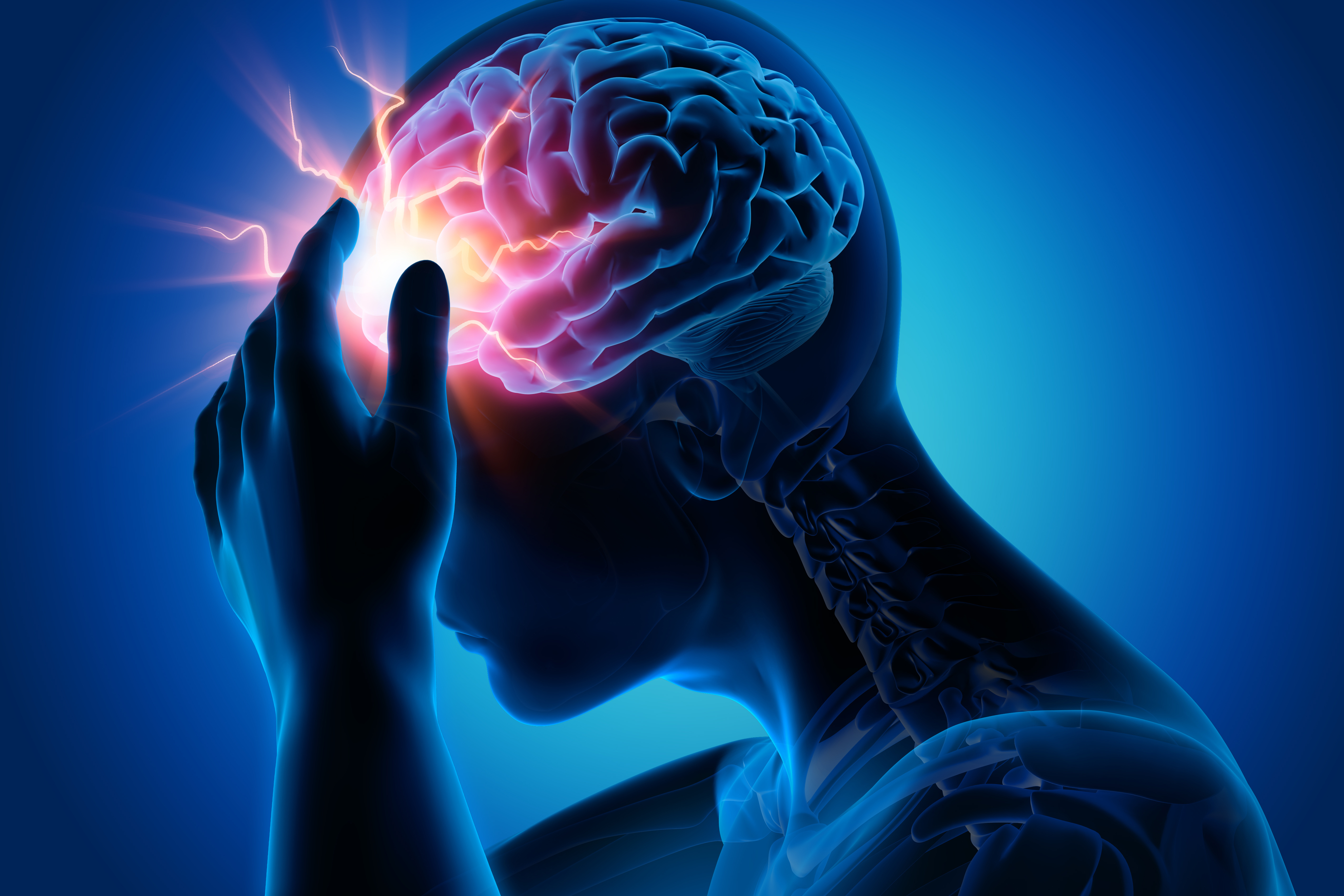
You've heard conflicting advice about concussions: "If you didn't lose consciousness, it's not serious," "Stay in the dark for a week," "Don't exercise under any circumstances." With all this misinformation, it's hard to know what to do. This confusion is normal, as recommendations have changed significantly in recent years.
Good news: Science has made tremendous progress in the field of concussions.¹ What was believed to be true 10 years ago is often incorrect. With the right information, you can make informed decisions about your recovery. What science teaches us about concussion myths:- Less than 10% of concussions cause loss of consciousness.
- Complete rest in the dark prolongs recovery rather than speeding it up.
- Light physical activity can begin 4-5 days after the injury.
- Symptoms may appear up to several days after the impact.
This article debunks the most common myths. For specific steps to recovery, check out our guide on treating concussions.
Do you have to lose consciousness to sustain a concussion?
Not at all! This statement is a myth! In fact, less than 10% of concussions cause a loss of consciousness at the time of injury. Loss of consciousness is therefore not a primary sign of this injury. It is therefore important to remain vigilant if you have been the victim of an impact, fall or accident and develop symptoms even if you have not lost consciousness.
Should I be removed from the game if I have a blow to the head without any symptoms?
This decision remains a matter of judgment. The first thing to understand is that the presence of a single sign or symptom is enough to suspect a concussion after any impact. So if you feel neck pain after being tackled in football, that's enough to suspect a concussion and be taken out of the game. If you are a little dizzy after receiving a soccer ball to the head (even if it only lasts a few minutes), that's enough to suspect a concussion and be taken out of the game.
For those who like simple mathematical formulas, here is one that simplifies the answer to the question:
**Fall, blow, or impact
+
Significant acceleration of the head
+
Appearance of a single sign or symptom
=
Suspected concussion
=
Immediate removal of the game**
If you remain uncertain, remove the athlete from the game! Better safe than sorry, right?
No sporting issue, regardless of the level, is more important than the health of your brain.If you decide to remove the athlete from the game, they should not return to play until they have been evaluated by a qualified healthcare professional (such as a physiotherapist) and have been cleared to return to play. An athlete should never return to the same game or practice if they have just suffered a concussion.
Caution should be even greater when dealing with a young person under the age of 25 or someone who has had concussions in the past. These two groups of people are more at risk of suffering a concussion or of having more serious consequences after such an injury.
I had a concussion. Should I take 24 hours of rest or a week?
This is THE question of the hour regarding concussions. Currently, official recommendations guide people to take an initial rest that is closer to 24 to 72 hours rather than a full week. After this period, we already want to start very gradually resuming daily tasks and occupations.
10-15 years ago, it was believed that to heal a concussion you had to lie down in a dark room without any stimulation and do nothing for a week. We now know clearly that this is not the thing to do at all and that doing so will even prolong the recovery time!
The most recent studies report that the best thing to do when you have just had a concussion is to rest relatively. This means that you are allowed to do anything that does not significantly increase your symptoms. You can therefore do some reading, play board games, take walks outside, call friends, etc. But when the symptoms increase, you must rest.
When can I resume physical activity after a concussion?
Increasingly, a return to physical activity is also favored earlier, but very gradually. A gradual reactivation after four or five days of stopping now seems more beneficial for the healing of concussions than if you wait several weeks before resuming physical activity. Obviously, everything must be supervised and adapted to each individual.
How long does it take to develop concussion symptoms?
The onset of symptoms generally occurs within seconds or minutes. However, after an impact, it is possible not to develop symptoms on the same day. The onset of symptoms can take up to a few days. This is why it is important not to return to play after a strong impact, as you may have a concussion even if you do not have immediate symptoms. You should therefore monitor your symptoms for at least two or three days following the impact.
To learn more
To learn more about concussion, see the concussion section (link to the concussion page of pathologies) and read these two articles (link to blog #2 and #10) to learn more about the steps of concussion treatment.
You can also listen to the podcast "Let's Talk Health"" produced by one of our physiotherapists, Alexis Gougeon. Episode #6 addresses the topic of concussions.
Episode #6 of Parle-moi de santé (concussions)
Click below to listen to episodes on podcast platforms:
10 mini-tips to understand your pain
Those who have had the greatest impact on my patients' lives. 1 per day, 2 min.
(function(){
// GHL form_embed.js reads UTM from parent page URL
// Add UTM params to URL before loading iframe
var path = window.location.pathname;
var parts = path.split('/').filter(Boolean);
var slug = parts[parts.length - 1] || 'homepage';
var source = parts[0] || 'direct';
var url = new URL(window.location.href);
if (!url.searchParams.has('utm_term')) {
url.searchParams.set('utm_term', slug);
url.searchParams.set('utm_source', source);
url.searchParams.set('utm_medium', 'cta-inline-form');
window.history.replaceState({}, '', url.toString());
}
})();
10 mini-tips to understand your pain
Those who have had the greatest impact on my patients' lives. 1 per day, 2 min.
Our clients' satisfaction is our priority.
At Physioactif, excellence defines our approach. But don't take our word for it, see what our patients are saying.
Discover our physiotherapy clinics
We have multiple locations to better serve you.
Blainville
190 Chem. du Bas-de-Sainte-Thérèse Bureau 110,
Blainville, Quebec
J7B 1A7
Laval
Montreal
St-Eustache
Vaudreuil
21 Cité-des-Jeunes Blvd. Suite 240,
Vaudreuil-Dorion, Quebec
J7V 0N3
Book an appointment now


